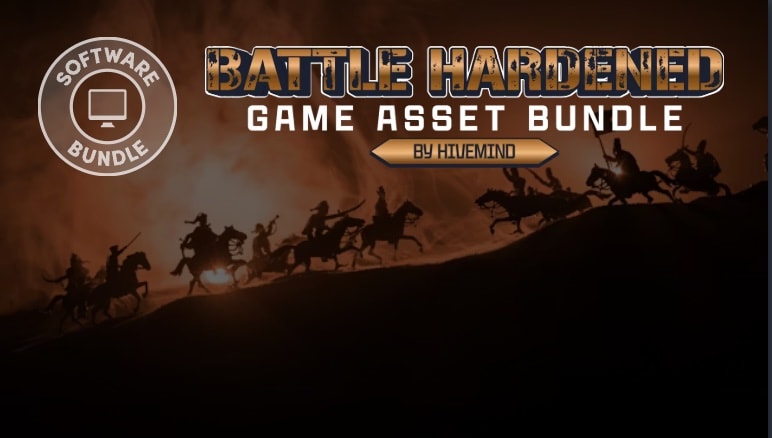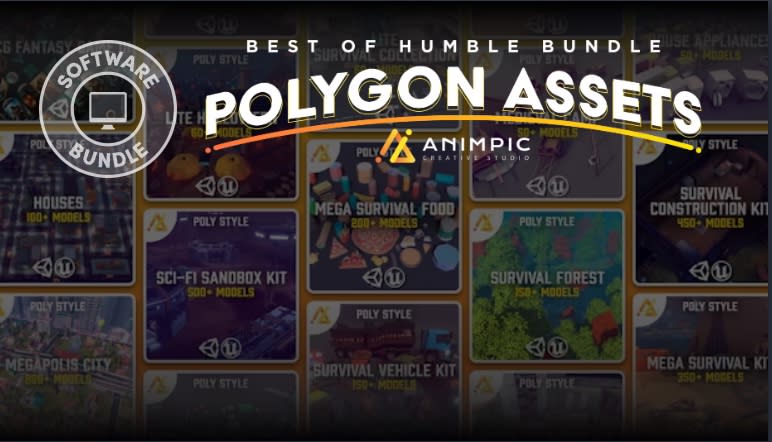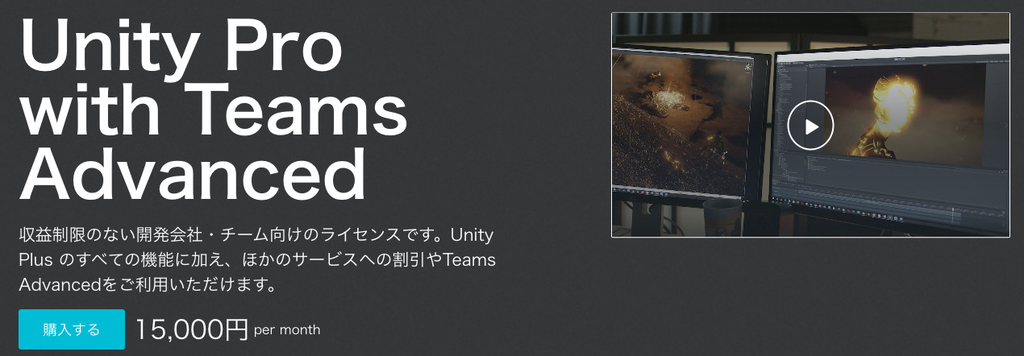
Enhance your Unity workflow with Easy Note Manager. Add, manage, and view notes directly in the Unity Editor. Perfect for teams or solo developers to track essential info, reminders, and annotations.Key Features📌 Add Notes to GameObjectsEasily attach detailed notes to any GameObject in your scene. Include essential information such as the Author and Note Text to keep track of design decisions, development tasks, or collaborative comments.🖼️ Visualize Notes in the Scene ViewNotes are displayed as intuitive icons within the Scene View, allowing you to quickly identify and access important information without cluttering your workspace. Click on an icon to view the associated note details.✏️ Edit and Delete NotesManage your annotations effortlessly. Modify existing notes to reflect changes in your project or remove them entirely when they're no longer needed, all from within the Easy Note Manager interface.🔄 Toggle Note VisibilityControl the visibility of all notes in your scene with a single click. The Notes button in the Scene View toolbar allows you to show or hide notes instantly, helping you maintain a clean and focused workspace when needed.🎨 Customize Note AppearancePersonalize your notes to fit your project's aesthetic. Customize the Text Color and Background Color of your notes to ensure they stand out or blend seamlessly with your scene's design.📂 Organize Notes by GameObjectKeep your notes organized and accessible. Group notes by their associated GameObjects in the Easy Note Manager window, making it easy to navigate and manage annotations across complex scenes.BenefitsImproved Organization: Keep track of important information directly within your scenes, reducing the need for external documentation.Enhanced Collaboration: Facilitate better communication among team members by attaching author-specific notes to GameObjects.Streamlined Workflow: Quickly add, view, and manage notes without leaving the Unity Editor, saving you time and effort.Customizable Interface: Tailor the appearance of your notes to match your project's visual style for better integration and readability.Efficient Project Management: Use notes to outline tasks, mark important milestones, or leave reminders, ensuring nothing falls through the cracks.Use CasesTeam Projects: Collaborate more effectively by adding annotations that explain design choices, development tasks, or provide feedback.Level Design: Mark specific areas of your level for further development, optimization, or review.Personal Projects: Keep track of ideas, reminders, or development notes without relying on external tools.QA and Testing: Highlight areas that need testing or have known issues, making the QA process more efficient.








